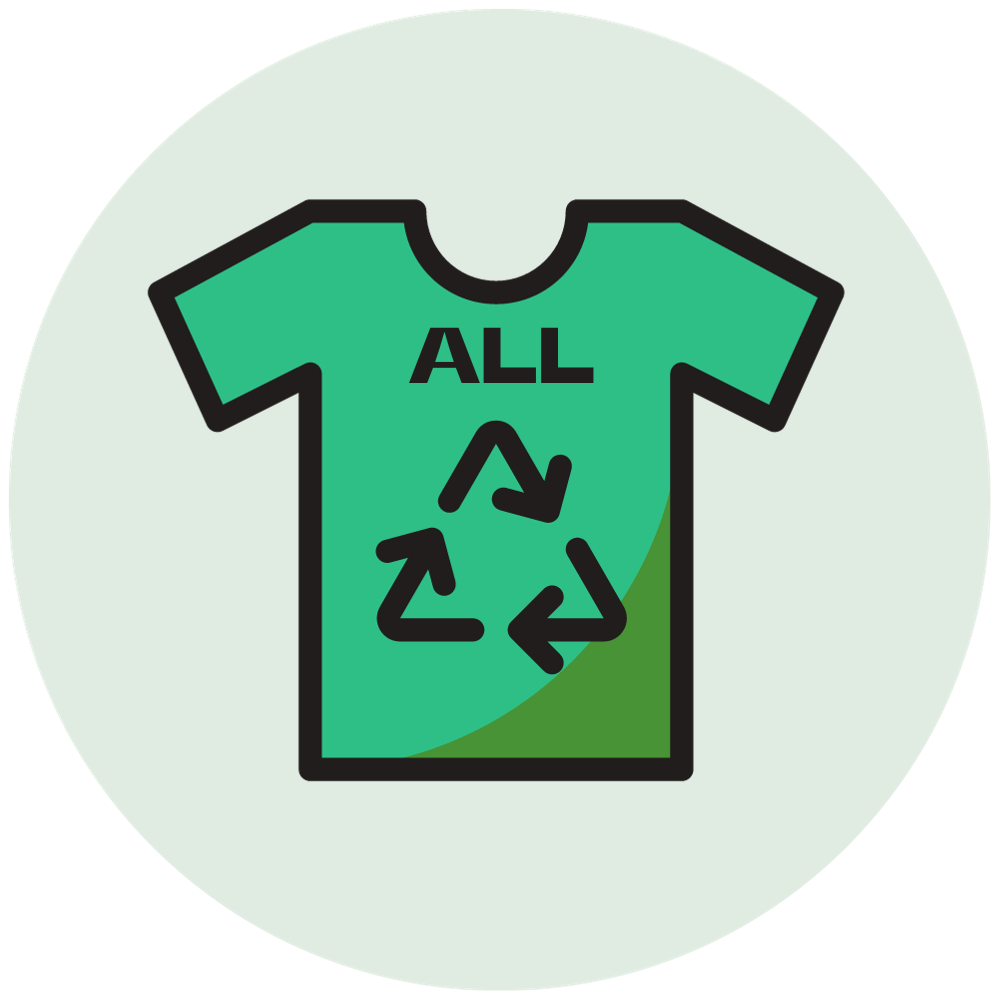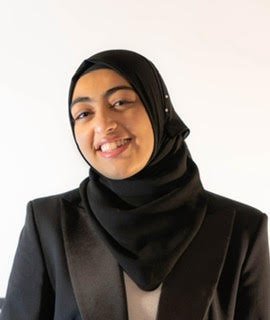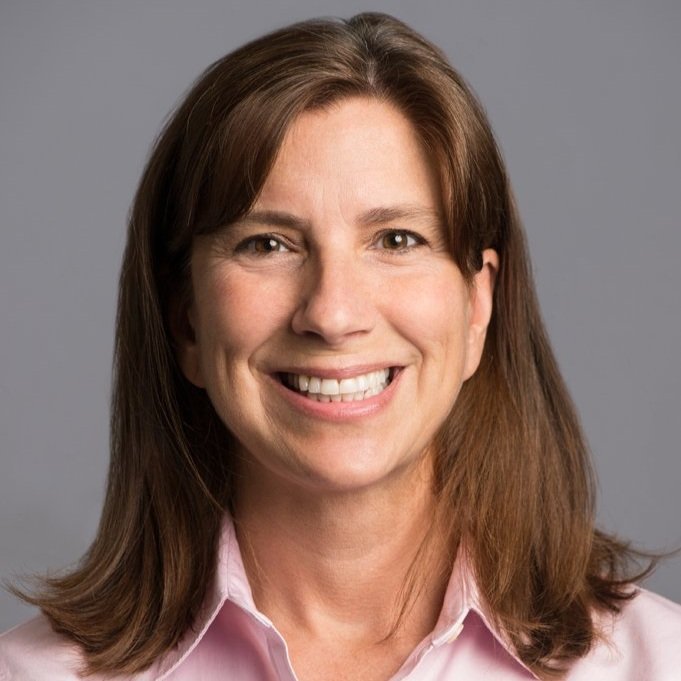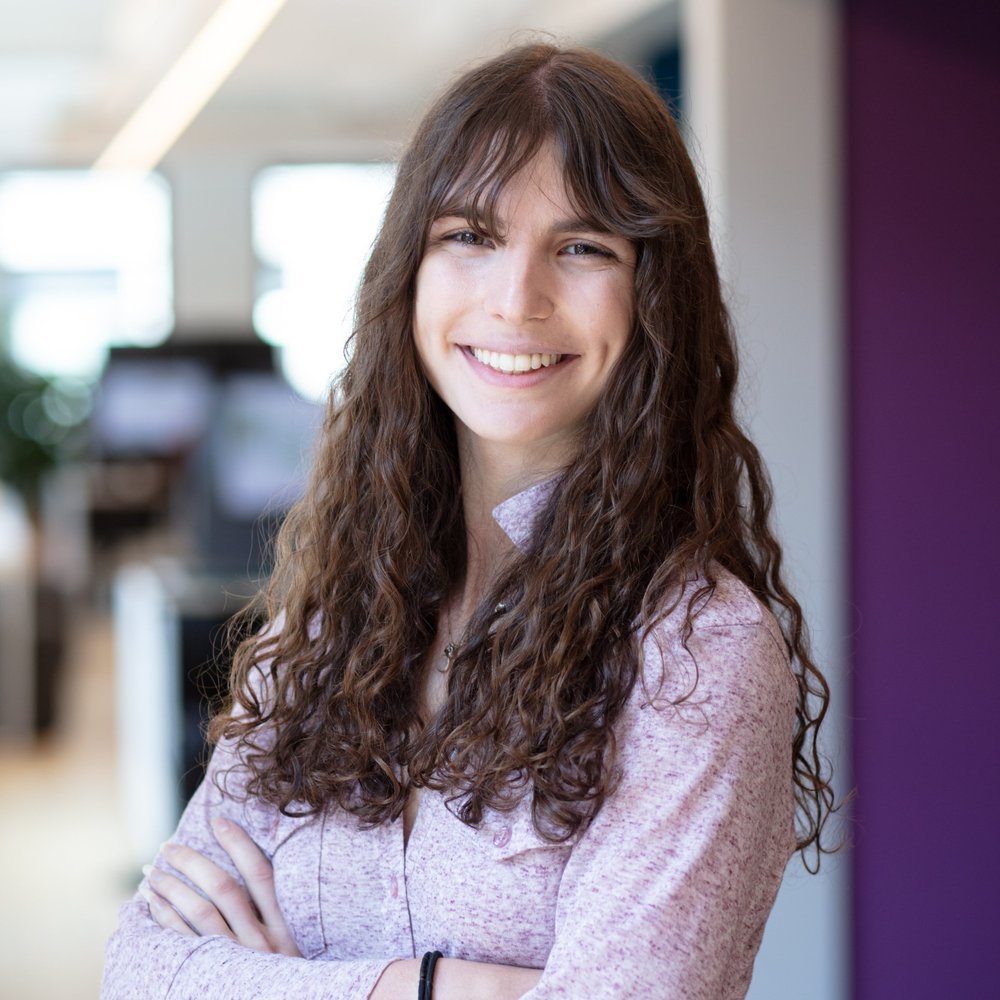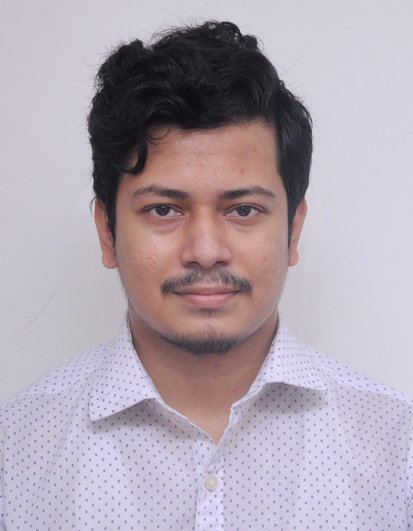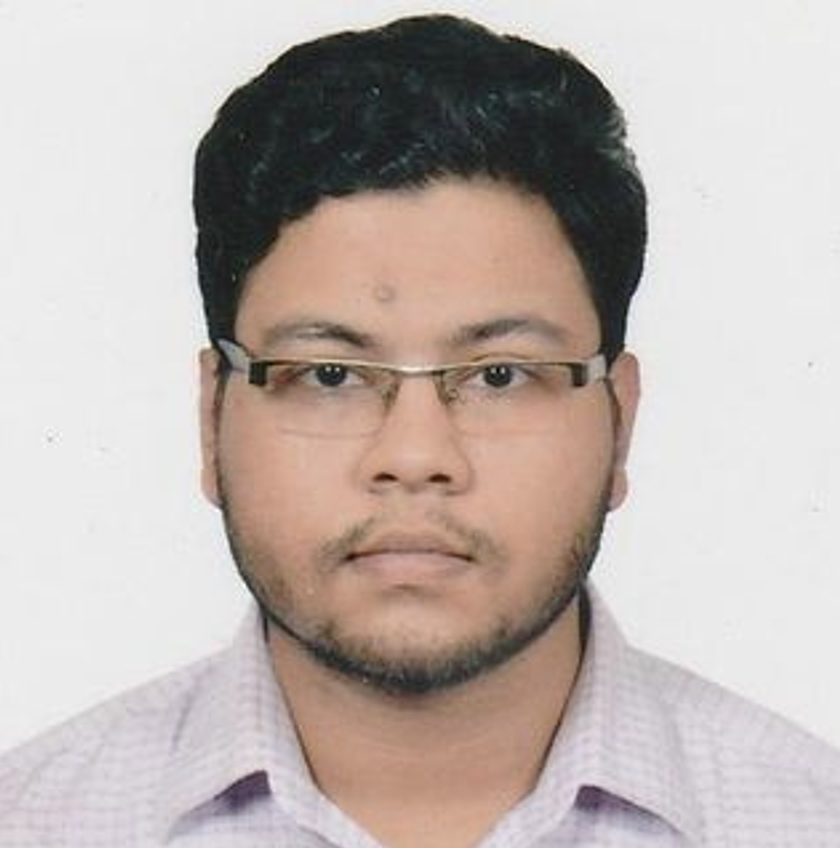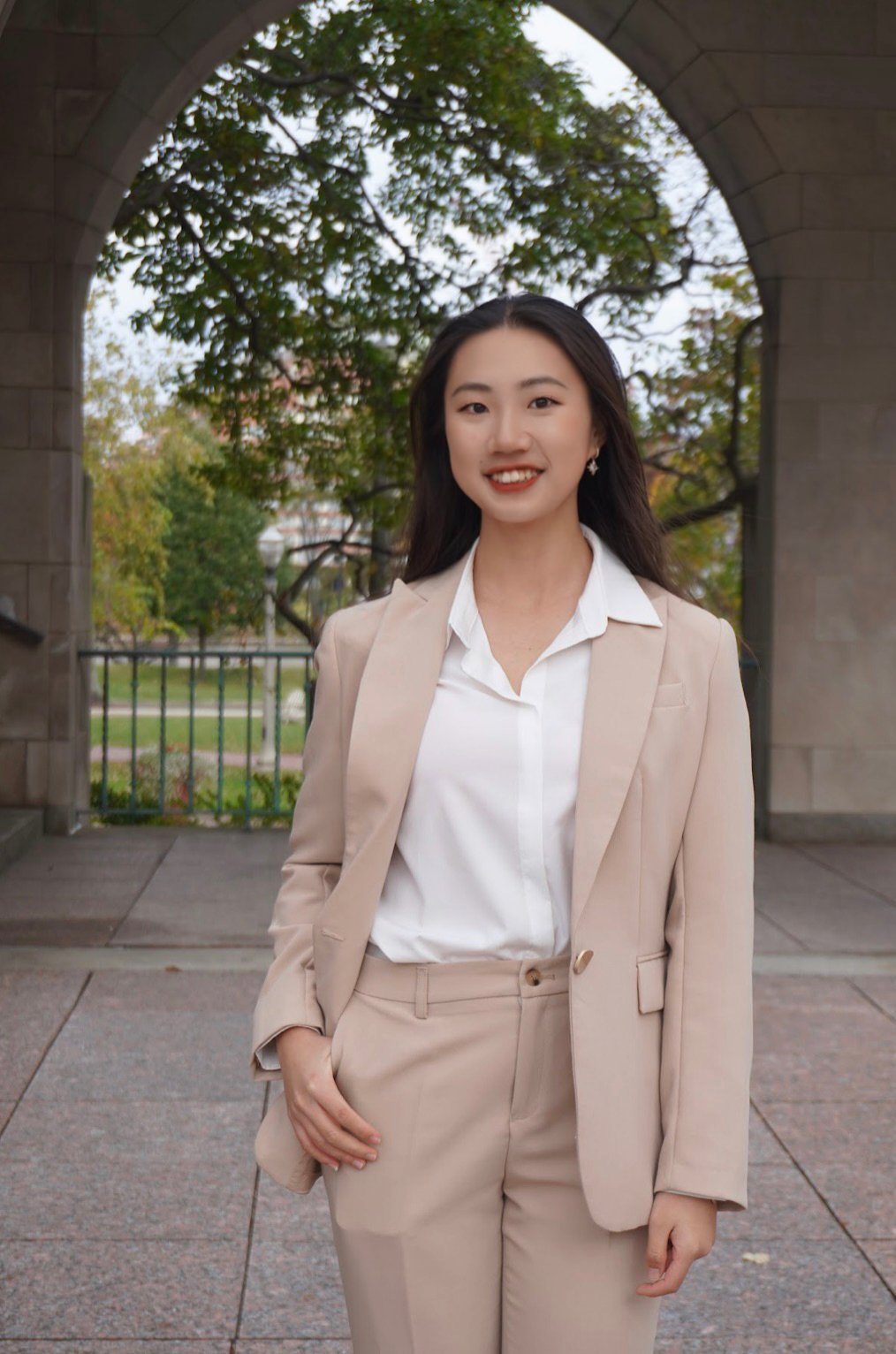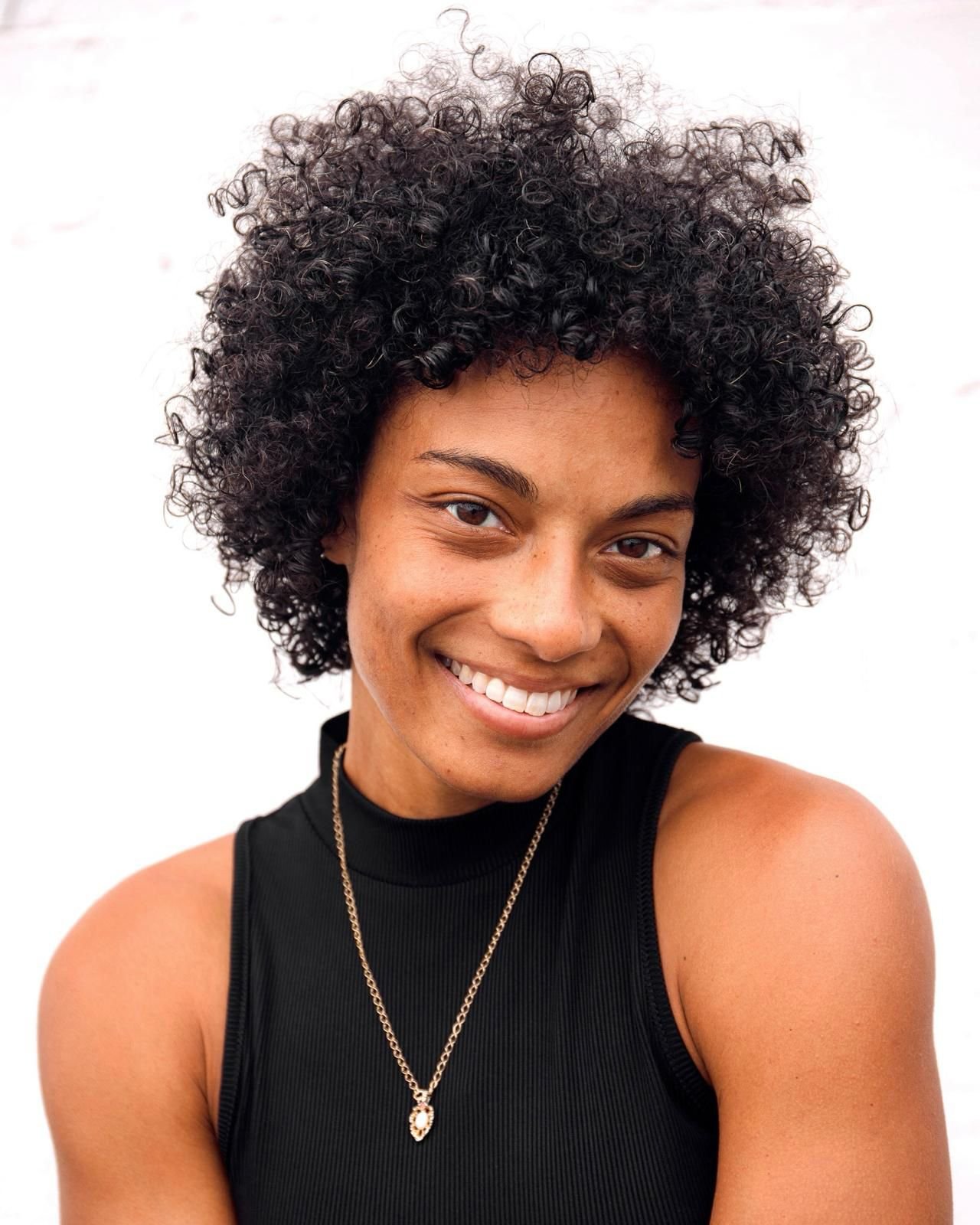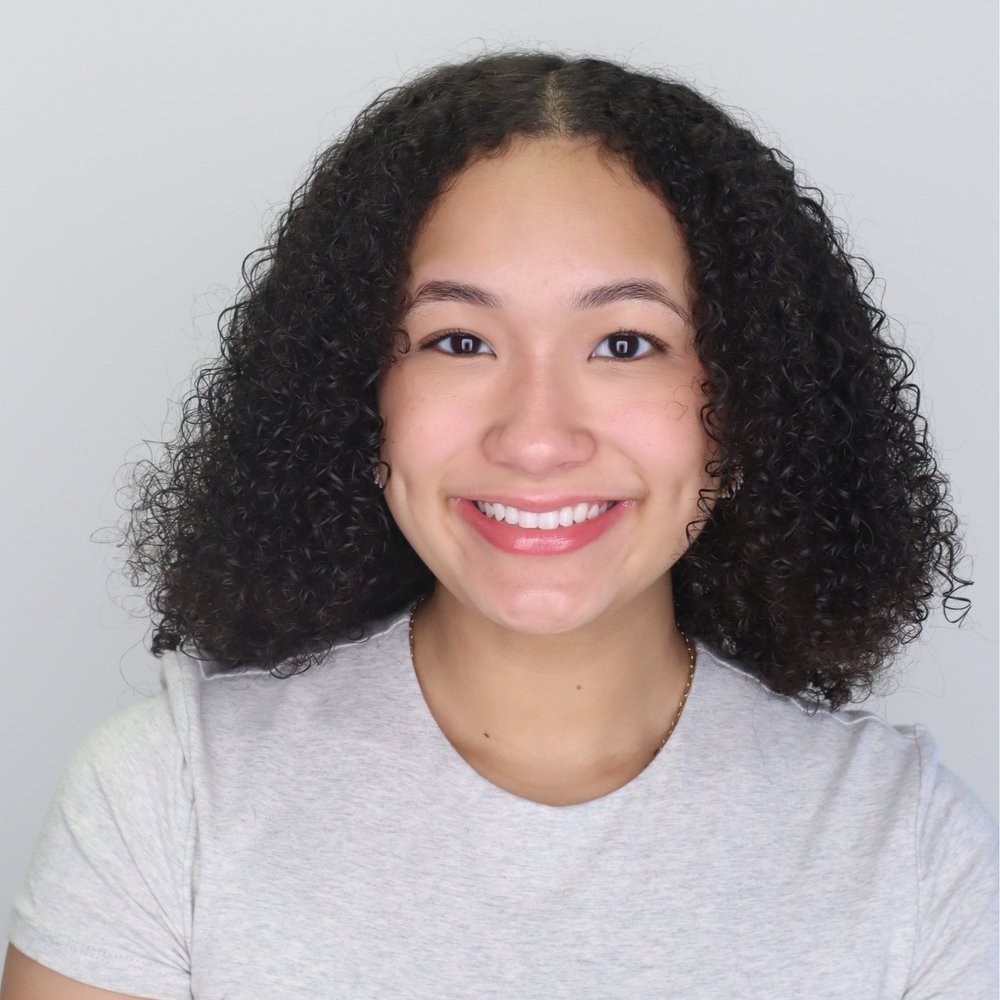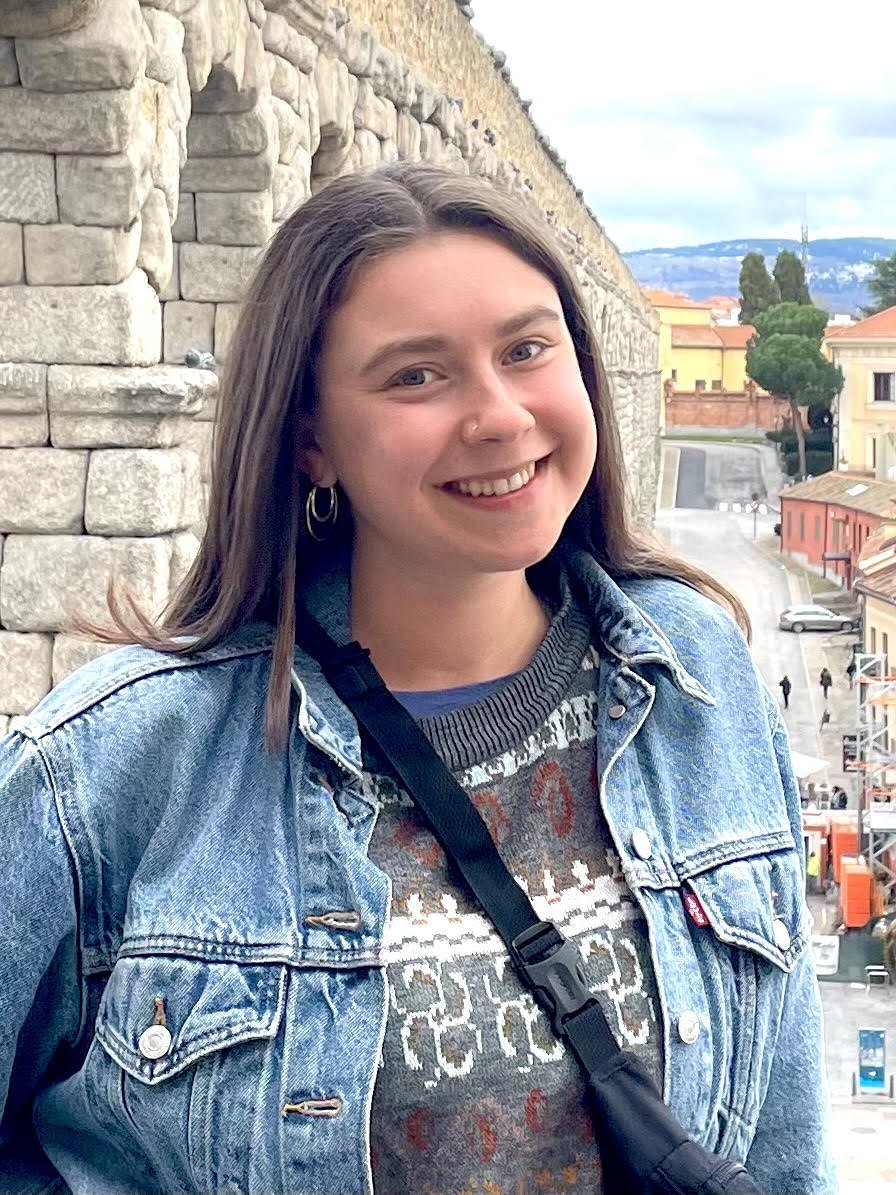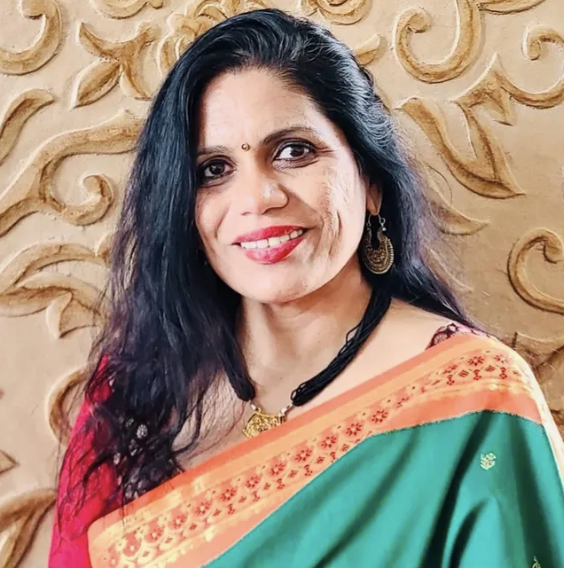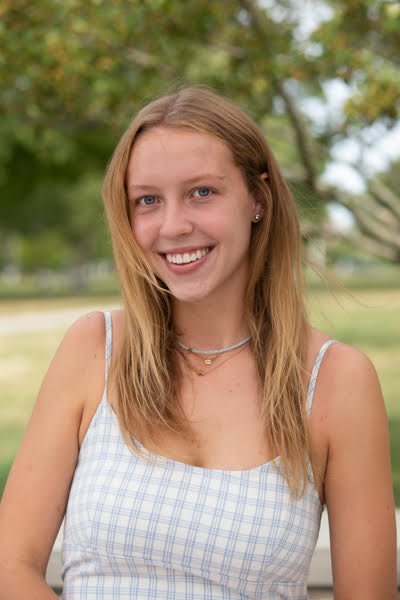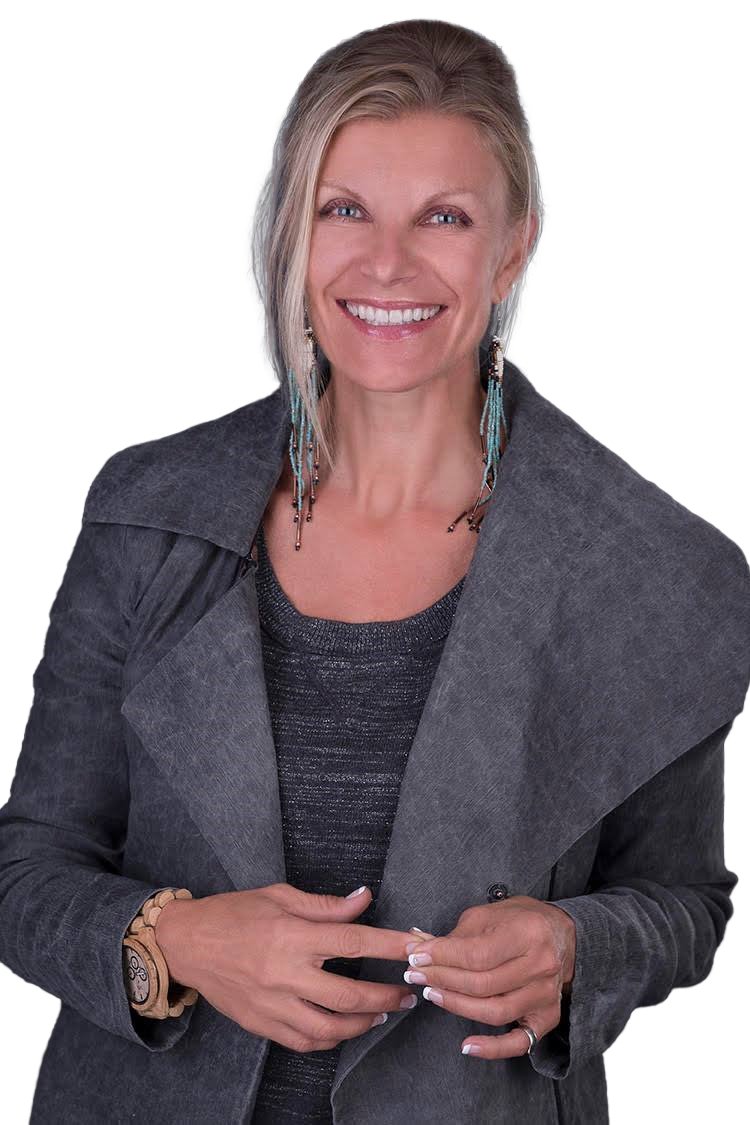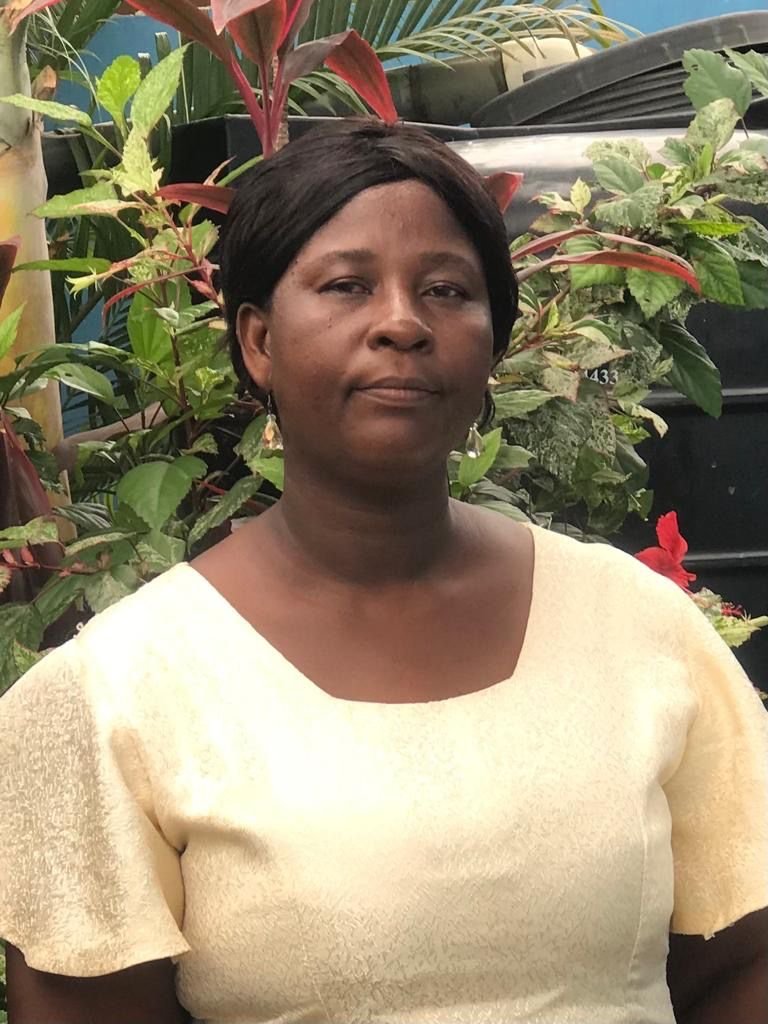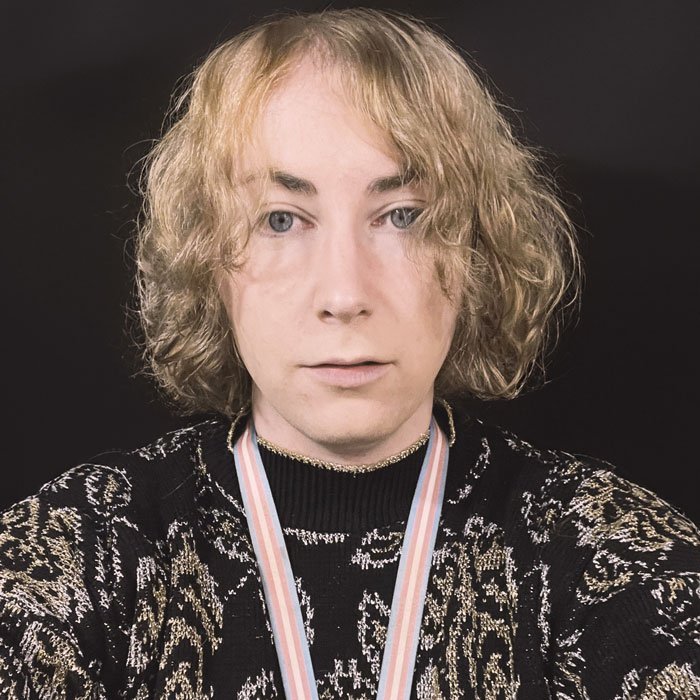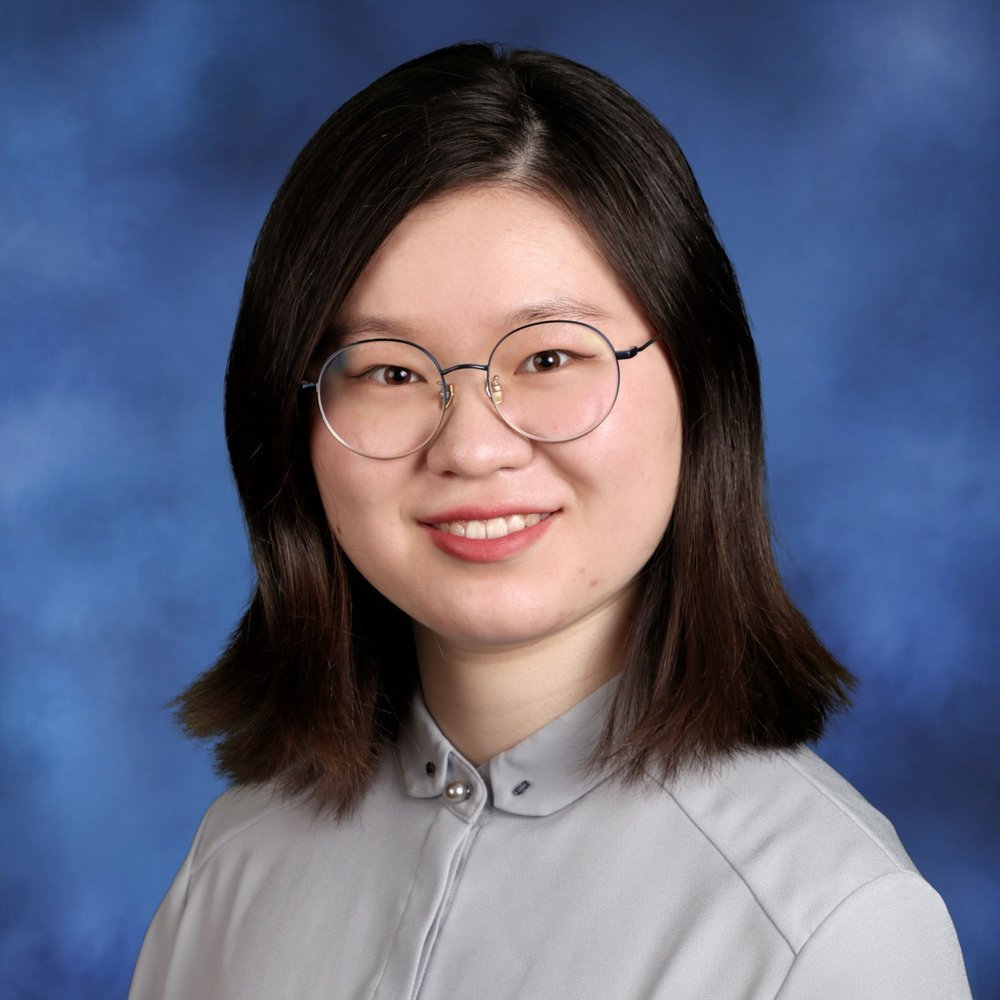LEAPS 2024 Textile Waste Conference Event Program
The LEAPS 2024 Textile Waste Conference is a virtual event occurring on Thursday, April 25 from 11:00 am to 5:00 pm EST hosted by The Aftermath Learning Lab. Registration is free.
Register now to attend and receive a Zoom link to join the event. You can also return to the main conference page, or contact the organizers by email with any questions.
You can also view the conference resource list to stay engaged after the event.
Some of the LEAPS 2024 Presenters…
Presenter bios are provided at the bottom of this page.
Conference Program
Opening Session (11:00 am - 11:40 am)
“About the LEAPS 2024 Textile Waste Conference”
Cecelia Cheng, Aftermath Learning Lab
“Why Did We Create the LEAPS Textile Waste Conference?”
Julia DeVoy, Aftermath Learning Lab, Boston College
“My Journey with Vitaliti”
Opening Remarks
Zarah Lakhani, Co-Founder & CEO, Vitaliti
LEAPS Session #1 (11:40 am - 1:10 pm)
“Analyzing Fast Fashion Using Environmental, Social and Governance
and Financial Reports: A Look into H&M”
Research Presentation
Carrie Kandall, Boston College
“Forming a Strategic Framework for the Establishment of a Supply Chain Capable of Converting Oklahoma's Textile Solid Waste into Usable Products”
Research Presentation
Sayak Nandi, Oklahoma State University
Ishmam Zahin Chowdhury, Oklahoma State University
“ELLE VELLY: Intangible Culture Heritage & Sustainable Fashion”
Innovation Sandbox Pitch
Shelly Shan, Boston University
Veronica Deng, Emerson College
“How Can We Educate and Invest in a Sustainable Future?”
Innovation Sandbox Pitch
Chrystian Dennis, BOSSWK
Lunch Break (1:10 pm - 1:40 pm)
LEAPS Session #2 (1:40 pm - 2:50 pm)
“Fashion and Accessibility: Discourse Around the Consumption of
Fast Fashion and Ethical Fashion Alternatives”
Research Presentation
Jacqueline Alicea, Boston College
“People’s Impact Network - Our Triple Win Formula”
Impact Case Study Presentation
Madhavi Nair, People’s Impact Network
“Cultivating Sustainability Mindsets in K-12 Students Through Interdisciplinary Environmental Education”
Innovation Sandbox Pitch
Addison Metzger, Boston College
Short Break (2:50 pm - 3:00 pm)
LEAPS Session #3 (3:00 pm - 4:00 pm)
“Unraveling the Fabric of Women's Health: Understanding the Impact of
Synthetic Textiles and Chemical Exposure”
Research Presentation
Patricia Rueckert, Boston University
“Cancelled: Petrochemical Clothing - A Spiritual Ecological View”
Innovation Sandbox Pitch
Ellen Obiedziñska, Simon Fraser University, Harvard Divinity School
“Community-Led Solutions to Textile Waste in Ghana”
Impact Case Study Presentation
Matilda Lartey, Founder & Executive Director, MFI Foundation
LEAPS Innovixer (4:00 pm to 4:30 pm)
Innovixer (Innovation-Mixer): A Virtual Idea Sharing and Networking Space
Closing Session (4:30 pm to 5:00 pm)
“The Aftermath of Textiles Sold in the United States: Policies to Address Waste Generation and Pollution”
Closing Remarks
Dielle Lundberg, Aftermath Learning Lab, Boston University
“Staying Engaged After the LEAPS Conference”
Cecelia Cheng, Aftermath Learning Lab
Event Notes
Captions and Recording
Auto-captions will be enabled during the event. The conference will be recorded and captions edited prior to uploading the conference recordings onto YouTube.
Consider Donating to the Conference Partners
The LEAPS Conference is made possible in large part due to volunteered time from members of the Make Fashion Clean (MFC) team. While we are committed to making this conference free and publicly available, we encourage participants - especially those who generate a lot of textile waste - to consider donating to the #MFCTextileWasteCampaign for Earth Day 2024. All proceeds to this campaign directly support the MFC-MFI Foundation Upcycling Partnership, an initiative of artisans who are upcycling textile waste in Ghana.
Learn more about and donate to the #MFCTextileWasteCampaign.
Presenter Bios
Zarah Lakhani is the co-founder/CEO of Vitaliti, a health startup focusing on mold as an environmental and health justice concern. Vitaliti was the winner of the 2022 Shea Center’s Strakosch Venture Competition and the 3rd place finisher at the 2023 Stanford Longevity Competition. Zarah is also the founder and a board member for the non-profit Care for Chemo, which she started while going through chemotherapy cycles. The organization creates care packages to be given to patients undergoing chemo containing products and information that can aid in reducing patients pain. Zarah finds fulfilment in fostering collaborative and high-performing teams, where every member's voice is valued. She has three younger siblings (all of their names start with Z), and spends her free time with family and loved ones.
Carrie Kandall is an undergraduate student in the Carroll School of Management at Boston College. Through her interdisciplinary study in operations management, managing for social impact, and global public health, she has a background in assessing business processes and practices to evaluate their economic, social, and environmental impacts. Additionally, her passion for health equity drives her to address the social determinants of health through her coursework and activities. This motivates her to think about the environmental and health impacts of the fast fashion industry, and how this disproportionately impacts overburdened populations.
Sayak Nandi is currently pursuing his Ph.D. in the Department of Design and Merchandising at Oklahoma State University, USA. Additionally, he serves as a research assistant for Dr. Sumit Mandal within the same department. Sayak earned his master’s degree in textile engineering from the Indian Institute of Technology, Delhi, India, and completed his bachelor’s degree in textile technology at the Government College of Engineering and Textile Technology, Serampore, India. Sayak is a highly motivated researcher with significant prior experience in crucial textile and industry realms, notably in r-PET (recycled polyester) and sound insulation. Currently, his focus lies on the design of firefighter’s clothing, demonstrating his commitment to advancing safety measures in demanding environments. Moreover, Sayak has showcased his scholarly contributions through two journal articles in reputable peer-reviewed publications, authored a book chapter, and presented at two conferences. His multifaceted expertise and dedication to research underscore his valuable contributions to the field of textile engineering and design.
Ishmam Zahin Chowdhury is a Doctoral Student in the Department of Design and Merchandising (DM) at Oklahoma State University (OSU). Coming from Bangladesh, Ishmam earned his Bachelor’s degree in Textile Engineering from the Bangladesh University of Textiles. With a keen interest in the technical aspects of apparel, Ishmam aspires to delve into sophisticated applications of textiles and textile waste products, particularly in the realms of fire and hazard protection. Since August 2021, Ishmam has been actively engaged in various research projects regarding technical textiles as a Research Assistant. Ishmam is expected to graduate with his Ph.D. in May 2026.
Shelly Shan and Veronica Deng: “We are two college girls from Yunnan, China, a place that nourishes cultures from various minority groups. One of us comes from a minority group called Yi. Yunnan is renowned for its rich biodiversity and is often referred to as a “plant Kingdom” and an “Animal Kingdom”. In our hometown, most people come from less-developed villages that deeply admire nature and regard it as their totem. Consequently, it's common for people to sew patterns on their clothes, such as the sun, moon, flowers, or plants. This inspiration led to the creation of our brand – Elle Velly, a combination of our names, Shelly & Veronica, and in synchrony with “Her Valley”, reflecting women and their connection to nature. Our aim is to bring peace and calmness to women through textiles in the bustling modern world, particularly those living busy lifestyles. In our presentation, we'd like to share our current idea for this product brand and its relation to sustainability. We have already contacted and gotten to know our manufacturer, who are mostly women living in the villages. In their culture, men typically work outside while women stay at home, taking care of children and sewing clothes. We aim to create job opportunities in the villages for women who love art and possess good handcraft sewing skills. All of our handcrafted products ensure high quality and longevity. Additionally, we prioritize sustainability in packaging by using recyclable materials. While we sell our products, we also aim to share our culture with a broader audience. In summary, our focus extends beyond selling textile products to encompass sustainability through the preservation of local culture, the creation of job opportunities for women, and the production of high-quality textile products.”
As the founder of BOSSWK, Building Out Sustainable Solutions Week, Chrystian Dennis supports ecological and economical solutions in Textiles, Arts, and Wellness through immersive events. The vision for BOSSWK is to explore innovative ways to encourage and educate our community on how to restore, retain, and recycle outside of our yearly shows, discussions, exhibits, and community services. It is through this lens that she endeavors to contribute to her community, fostering an environment where collaboration and innovation thrives.
Jacqueline (Jackie) Alicea is an undergraduate student and research assistant at Boston College. She studies Elementary Education and Applied Psychology with a Special Education Minor at the Lynch School of Education and Human Development. Jackie is passionate about teaching and is especially interested in promoting diversity and equity in education. Jackie began working as a research assistant in the Aftermath Learning Lab during her Junior year at Boston College. She was drawn to the project due to MFC’s mission and a personal desire to make a lifestyle change by learning from this project. Through this experience, Jackie has gained a new perspective on textile waste and has made a change in her life to raise awareness about environmental racism and clothing overconsumption. Jackie hopes to learn more about environmental justice through her continued work on the project and in the lab.
Addison (Addie) Metzger is an undergraduate student and research assistant at Boston College. She has double majors in Secondary Education and English. Addie was drawn to the Aftermath Learning Lab because of its interdisciplinary problem-solving approach. After joining the lab in 2021, Addie has worked on a variety of projects from creating art to educational materials. As a future teacher, Addie is interested in developing tools that empower the next generation to address the climate crisis. She believes that education is a critical piece of social and environmental justice and Aftermath Learning Lab's innovative projects are exciting tools to bring into K-12 classrooms.
Madhavi Nair is an IT professional and passionate about giving back locally. Madhavi is delighted to be a part of the People’s Impact Network movement grounded in the triple-winning principles of promoting sustainable fashion, facilitating the reuse of ethnic clothing, and supporting programs benefiting the community. As a community outreach and communications director of PIN, she will be participating and promoting PIN in DFW and nationwide and building community connections and partnerships with other charities.
“My name is Patricia Rueckert, and I am a junior at Boston University studying health science and business administration. My love for biology drives my development in health science, specifically women’s health. I wrote a literature review regarding toxic romantic relationships and women’s self-esteem. In addition, I was a part of a capstone project with seven other students. I lead the health and wellness section to research the health impacts of marinuana usage. I also worked along a team analyzing healthcare insurance companies. We compared marketing strategies, profits, and company investments towards ethics. Most recently, I took an entrepreneur and innovation course and worked on team project focusing on green space initiatives for the Greater Boston area. I loved expanding my entrepreneurial skills and hope to create innovative resolutions that can benefit everyone wherever I go. I have always loved collaborating with others and hearing different ideas. My dream is to impact an impact in women’s health while producing innovative and equitable solutions for all.”
Ellen Vaillancourt Obiedziñska, BAC, BA, MA, is a couturier, scholar, and creative disrupter whose interdisciplinary nature and appreciation for beauty have guided her diverse roles as a designer, educator, civil servant, peacemaker, and activist. Through her artistic projects, Ellen endeavors to raise public awareness, foster dialogue, and inspire action towards a post-extractive world where communities thrive with ecologically sustainable livelihoods, democratic governance, and economic resilience. Based in Vancouver, Canada, Ellen collaborates with individuals and entities at various levels of government, organizations, and communities, both locally and internationally.
Matilda Lartey is the Founder and Director of The Matilda Flow Inclusion Foundation (The MFI Foundation), a community-based non-profit upcycling studio in Greater Accra, Ghana that provides inclusive job training and employment to artisans whose livelihoods have been displaced by the globalized fast fashion and secondhand clothing industries. Matilda is a fashion designer and environmental educator with two decades of experience as an artisan and activist. Her expertise is in using frugal innovation and universal design principles to train artisans, especially young adults and disabled people, in sewing, fashion design, and upcycling. As a multilingual environmental educator and activist, she teaches about sustainability, the environment, and issues of pollution and climate change and works to spark curiosity and engagement in science, technology, engineering, and mathematics (STEM) through art. She is also focused on ensuring the leadership and representation of African women, disabled people, and their family members in the global climate change response and in environmental health advocacy.
Julia DeVoy, PhD, MTS, MBA is is the principal investigator for the Aftermath Learning Lab and an applied developmental psychologist who has been involved in social and environmental justice impact work since 1989. DeVoy, who earned a dual major B.A. from St. Lawrence University, a M.T.S. from Harvard University, a M.B.A. from Oxford University, and a doctorate in Developmental Psychology from Boston College, has been affiliated with Boston College since 1993. As a researcher, she focuses on social class and context and their impacts on human development and learning across the life course and in different ecological contexts such as family, workplace, community, faith, and educational settings. In the Aftermath Learning Lab, she is interested in the developmental and public health impacts of pollution and climate change and also the developmental benefits of environmental education, informal STEM learning, community building, and environmental advocacy at all ages. DeVoy is the undergraduate dean of programs and students at the Boston College Lynch School of Education and Human Development and adjunct faculty in several schools at Boston College. She is also Director of the Experience, Reflection and Action First Year Program and the Co-Founder of the Design for ImpACCt Initiative with Clemson, Virginia Tech and NC State colleagues. DeVoy’s work with The Aftermath Learning Lab was inspired by other student-led design thinking projects that she has co-led including the Atlantic Coast Conference Academic Leaders Network Design for ImpACCt (DFI) project and Make Fashion Clean (MFC Tie-Dye Inc.) which she co-founded and continues to serve as the Research Director. Through the Aftermath Learning Lab, she has led several grant-funded projects that resulted in the development of The Aftermath Sculpture, the Textile Waste Facts educational resource, the LEAPS Textile Waste Conference, and other impacts. Additionally, she has contributed to numerous publications in the areas of project-based learning, developmental psychology, and environmental health.
Dielle Lundberg is a health researcher in training and a multi-media artist interested in the ways that art can foster connection, engagement, and public and environmental health. Dielle is a project coordinator for Make Fashion Clean (MFC), a project she helped co-found, and has collaborated with The Aftermath Learning Lab since 2019.
Qingwan (Cecelia) Cheng is assistant project manager for the Aftermath Learning Lab where she has contributed to project management, developing research products and grant proposals, organizing team-building events, and mentorship and coordination of the research team since 2023. Cecelia graduated from Boston College in 2023 with a bachelor's degree in Applied Psychology and Human Development & Computer Science. She is now working as a data analyst in the technology industry. Cecelia worked as a research assistant in the Aftermath Learning lab in her senior year at Boston College. Her focus was facilitation of design thinking workshops for development of a textile waste related board game as an informal learning tool for environmental justice topics. She joined the Aftermath Learning Lab after graduation to continue her involvement in environmental justice advocacy work.
Note:
To make updates to your presenter bio, please contact the conference organizers by email.
